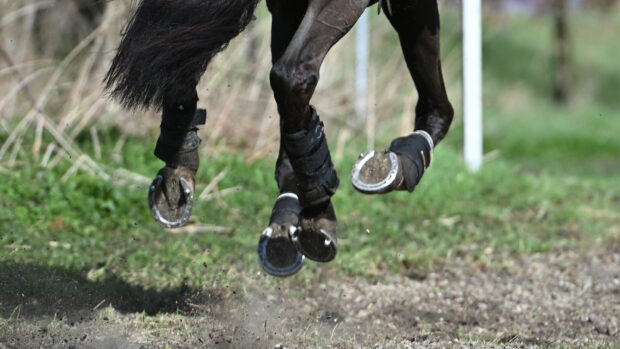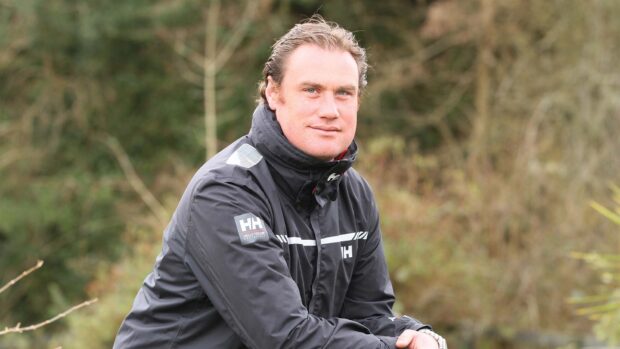Growing equine guts in a laboratory and determining weather that might cause equine grass sickness (EGS) are among the cutting-edge research projects aimed at beating the disease.
Experts from different backgrounds shared steps being taken, at a webinar organised by World Horse Welfare with the Moredun Foundation Equine Grass Sickness Fund (EGSF) on 10 April.
“It’s a really complex disease, and there’s still an 80% mortality rate, which is really sad, after all this time,” said Beth Wells, who leads the EGS research at Moredun. “We’ve known about EGS for over 100 years and we still don’t know what the causal agents are.”
EGS is a highly complex disease thought to be multifactorial in origin. The clinical signs are non-specific and there is no reliable diagnostic test for it, which Dr Wells said “we desperately need”.
Dr Wells explained that one of the many issues encountered in researching EGS was the lack of samples. Since the EGSF set up a biobank in 2021, supported by the British Horse Society, samples of tissue from affected horses have been collected, which are available for researchers to work on, along with data from reported cases.
Among those using the samples is Tanith Harte from Moredun, whose background is in neuroscience and immunology so who has a different perspective as she investigates causal agents of EGS.
Dr Hart explained that neurons die in EGS but it is not known how; finding this out could lead to identifying the pathogen, virus or bacteria that causes the disease.
“One major issue is there’s no way to model EGS; I don’t want to give it to any horses but we need a way to model the complexity of the gut,” she said. “Organoids are miniature organs derived from stem cells, and the gut renews itself at least once a week – so we can take stem cells and regenerate guts in the lab.
“They retain the properties of the animal they come from – so a horse with EGS or a healthy one – so later we can test anything we think is a causal agent.”
Hayley Coulson, whose PhD is in glaciology, is also using data collected as part of the biobank scheme to investigate meteorological conditions associated with EGS, in hopes of creating a predictive risk-based model.
“My aim is to identify the unique conditions linked to cases and so be able to predict high-risk times,” she said. Dr Coulson explained that once a case and its location are reported, she can find out the weather conditions beforehand. She did not want to be too specific about her findings before her research is published but said she has found the worst risk is “laminitis weather”.
“When there are big swings in temperature; nice and warm in the day and dropping to near freezing at night, I will be thinking danger time,” she said, adding that another risk factor may be a lot of rainfall breaking a drought.
There is advice on how to mitigate risky conditions on the Moredun website, including taking horses off pasture at certain times of day, and Dr Wells said she is happy for anyone to contact her for advice.
All three scientists agreed that it is vital owners and vets report any cases of EGS and contribute samples if possible, thanking all those who have done so, and all three stressed the importance of collaboration in tackling the disease.
“It’s been over 100 years but research is ongoing and we’re working towards finding a cure and a cause,” Dr Hart said.
Dr Coulson added: “Thank you. And please keep reporting.”
You might also be interested in:

Grass sickness – a veterinary emergency needing immediate action

‘Worth every single penny’: pony who fought off grass sickness makes winning return to the ring

Call for owners to play ‘crucial’ role in equine grass sickness research
A new equine grass sickness ‘biobank’ has been formed, containing samples from horses and soil samples, that will play a

Subscribe to Horse & Hound magazine today – and enjoy unlimited website access all year round
Horse & Hound magazine, out every Thursday, is packed with all the latest news and reports, as well as interviews, specials, nostalgia, vet and training advice. Find how you can enjoy the magazine delivered to your door every week, plus options to upgrade your subscription to access our online service that brings you breaking news and reports as well as other benefits.




